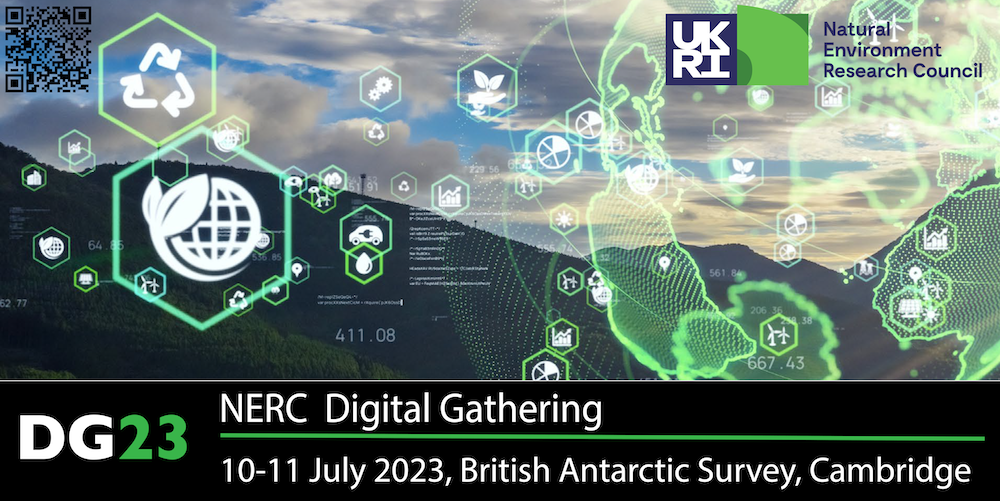The Digital Gathering 2023 Conference are delighted to welcome our two keynote speakers:

Keynote Speaker
Dr Emily Lines
University of Cambridge | UKRI FLF | Turing Fellow
Automating forest monitoring with high resolution remote sensing and AI
Abstract
The recent explosion in availability of high resolution remote sensing technologies producing high resolution 3D data (such as LiDAR) and imagery has led to significant interest in using them for forest monitoring. The level of detail contained in the entire 3D shape of trees, fully captured within these data, can generate a wide range of metrics of interest to ecologists far beyond what can be captured with traditional plotting methods. However, the labour intensive nature of data processing presents a series of hurdles that lead to large amounts of 3D scanning data remaining unprocessed or underused. Artificial intelligence approaches may hold the key to unlocking the value of these data, but their effective application requires cross-domain collaboration to fully exploit both what the data can tell us, and what these techniques can achieve. In this talk I will discuss the application of different remote sensing technologies and processing techniques to extract ecologically relevant properties from remote sensing data. I present some of the data and analytical challenges, and how these may be solved to move towards fully automated monitoring for ecologists.

Keynote Speaker
Dr Scott Hosking
British Antarctic Survey, Co-Leader of the Artificial Intelligence (AI) Lab
Spatiotemporal AI and Digital Twinning for the Polar Environment
Abstract
The British Antarctic Survey is one of the most multidisciplinary environmental research labs in the world and includes research in: space weather, atmospheric science, glaciology, ocean science and sea ice dynamics, and terrestrial and marine biology. The time scales BAS considers span seconds to millennia from the understanding of climate processes to signals in ice and sediment cores, while spatial scales range from the microscopic scale of dynamical and biological process to global and regional impacts from ice melt leading to sea level rise. This huge range of scientific challenges coupled with remote and extreme environments leaves us with some significant and chunky data challenges – this is where AI and autonomy comes in. In this talk I will cover the recent journey BAS has made in becoming a key player and UK partner in the area of environmental AI and digital twinning, and how we are developing generalisable spatiotemporal methods and digital solutions that span across the entire NERC remit.
